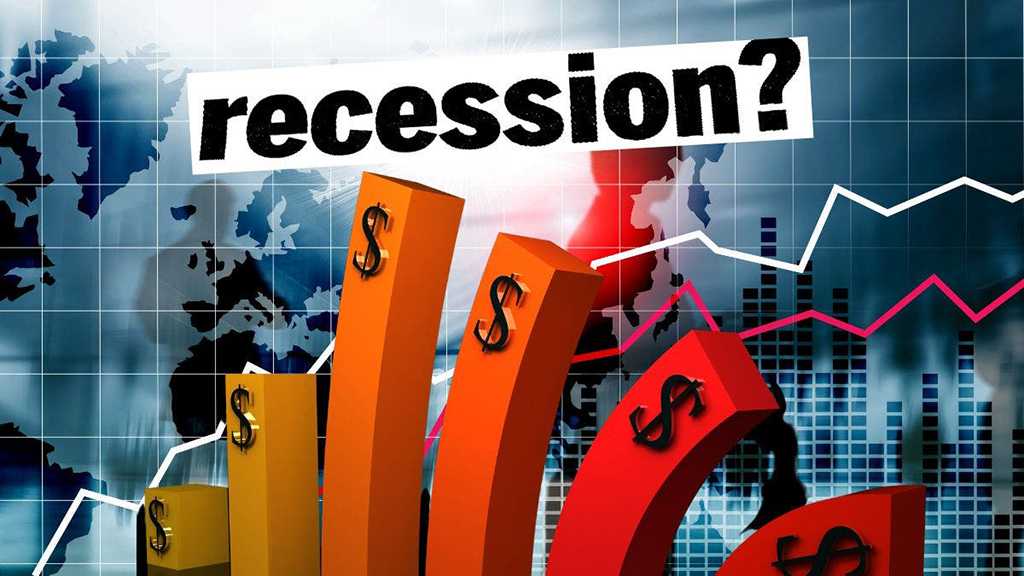HSBC: Major Recession Imminent in West

By Staff, Agencies
The US is projected to enter recession in the fourth quarter of 2023, the British banking giant HSBC said on Tuesday, adding that Western European countries would face a downturn as soon as next year.
According to the midyear outlook issued by HSBC Asset Management, recession cautions are “flashing red” for many economies as stock and bond markets are “out of sync” with fiscal and monetary policies.
While some parts of the economy are still resilient, the balance of risks “points to high recession risk now,” with Europe lagging behind the US but the macro trajectory generally “aligned,” the bank’s global chief strategist Joseph Little said in the report.
“Our central scenario is for recession in western economies, and a difficult, choppy outlook for markets,” Little projected, citing two reasons behind the outlook.
“First, we have the rapid tightening of financial conditions that’s caused a downturn in the credit cycle. Second, markets do not appear to be pricing a particularly pessimistic view of the world,” the strategist added.
The warning came a week after the Bank of England [BoE] moved to lift rates to 5%, the highest level in 15 years, as sticky inflation keeps eroding the British economy. In May, the US Federal Reserve announced another hike of the key interest rate to 5.25%, the highest since 2007. At the same time, the European Central Bank [ECB] raised the Eurozone’s key rate to 3.75% in an attempt to curb raging inflation.
Despite the hawkish tone adopted by Western regulators, HSBC Asset Management expects the US Fed to slash rates before the end of the current year, with the ECB and the BoE following suit next year.
“The recession is not going to be big enough to really purge all inflation pressures out of the system. As a result, this points to a regime of somewhat higher inflation and interest rates over time,” Little concluded.
Comments
- Related News

UK Announces New Missiles Package for Ukraine
2 months ago


